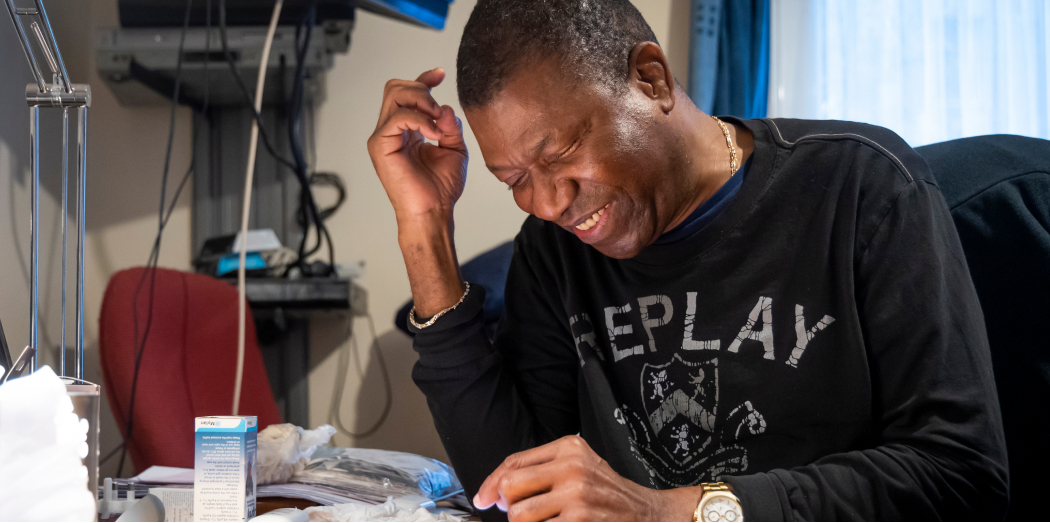The influence of age on cerebrovascular stiffness, cognitive function, and mobility
2022 MIRA Postdoctoral Fellow
This study will evaluate structural integrity in brain blood vessels in middle to older-aged- compared to young adults. It is hypothesized that cardiorespiratory fitness and physical activity levels are linked to structural changes in the brain (i.e., exercise is protective against cerebral small vessel disease, as evidenced by MRI findings). The secondary hypothesis is that cognitive and physical function are both negatively related to changes in brain structure in middle to older-aged adults and that cardiorespiratory fitness/physical activity levels offset the magnitude of structural decline in brain blood vessels and therefore protect cognitive/physical function.
Geoff Coombs
Biomedical Engineering
Supervisor: Baraa Al-Khazraji, Biomedical Engineering,
Jeremy Walsh, Kinesiology
Mentors: Ada Tang, Rehabilitation Science,
Michael Noseworthy, Electrical and Computer Engineering





